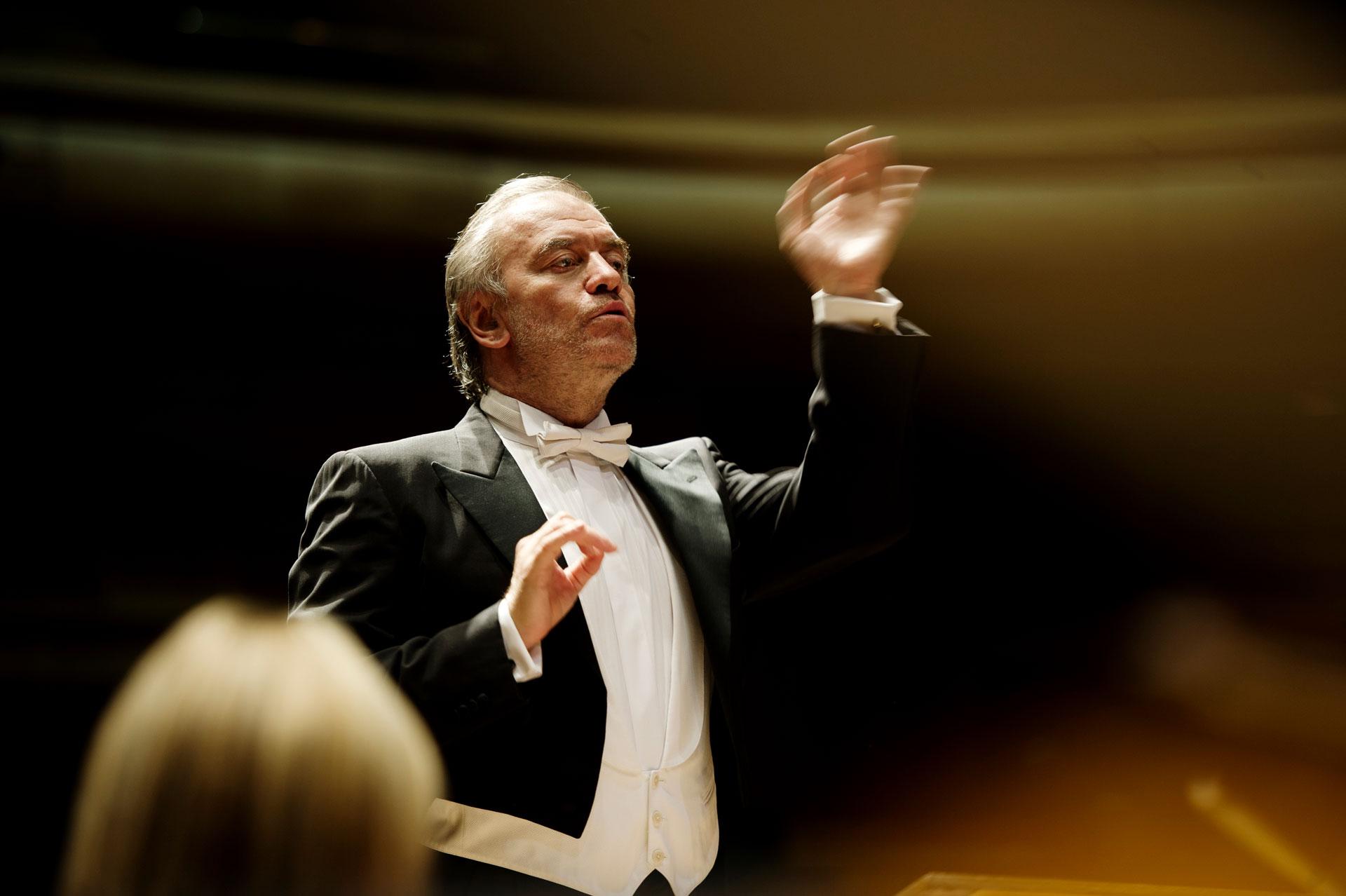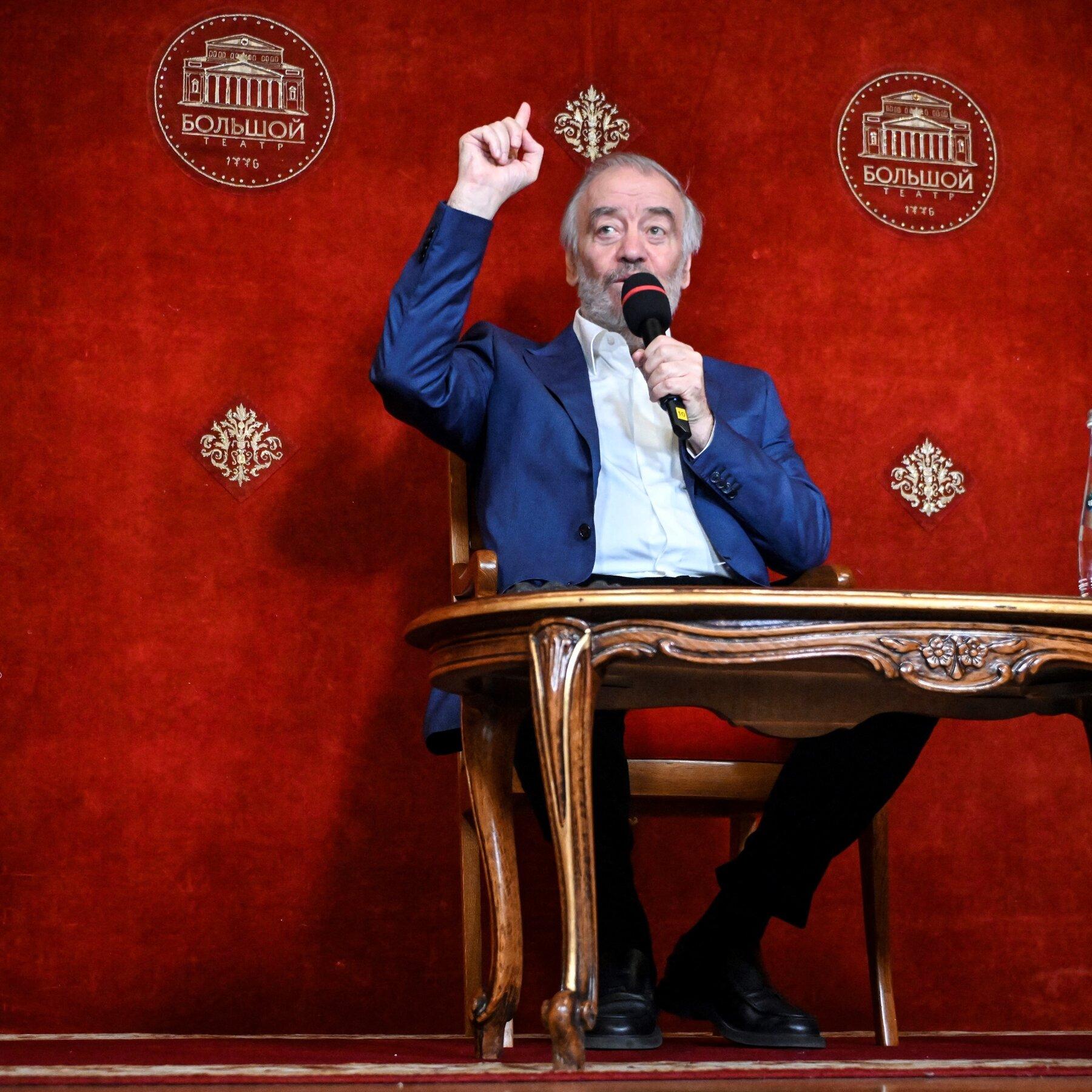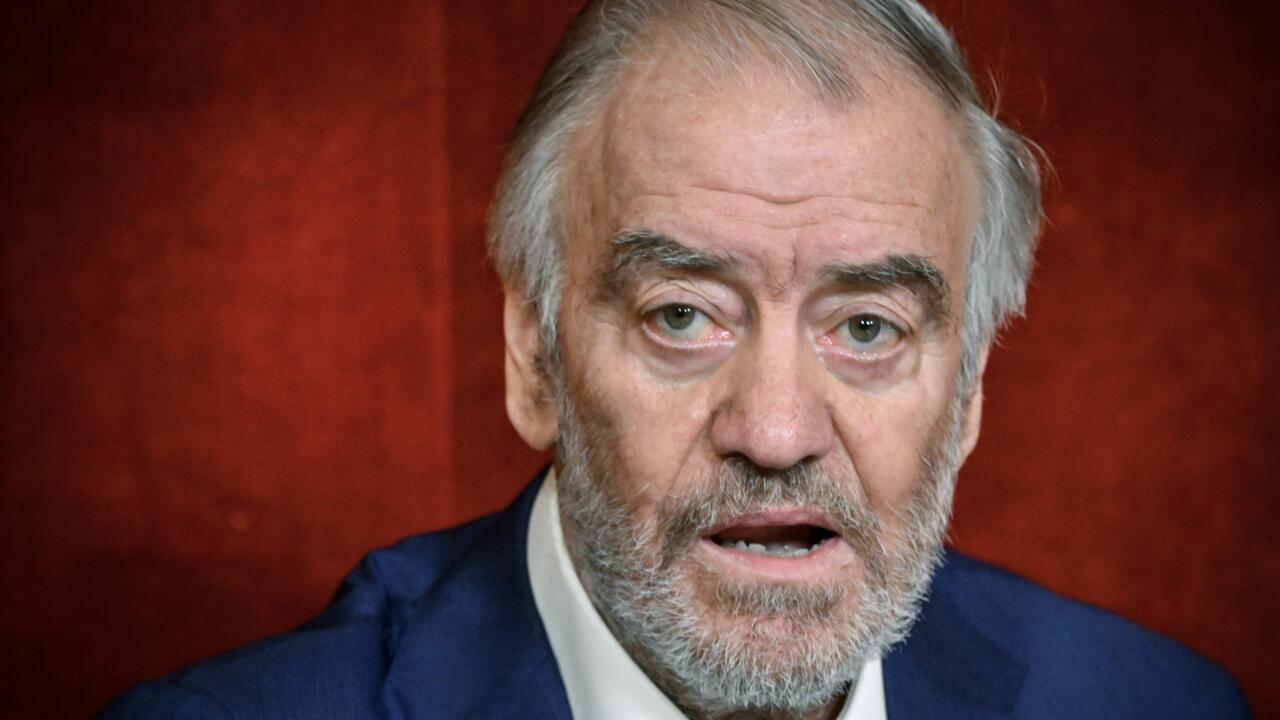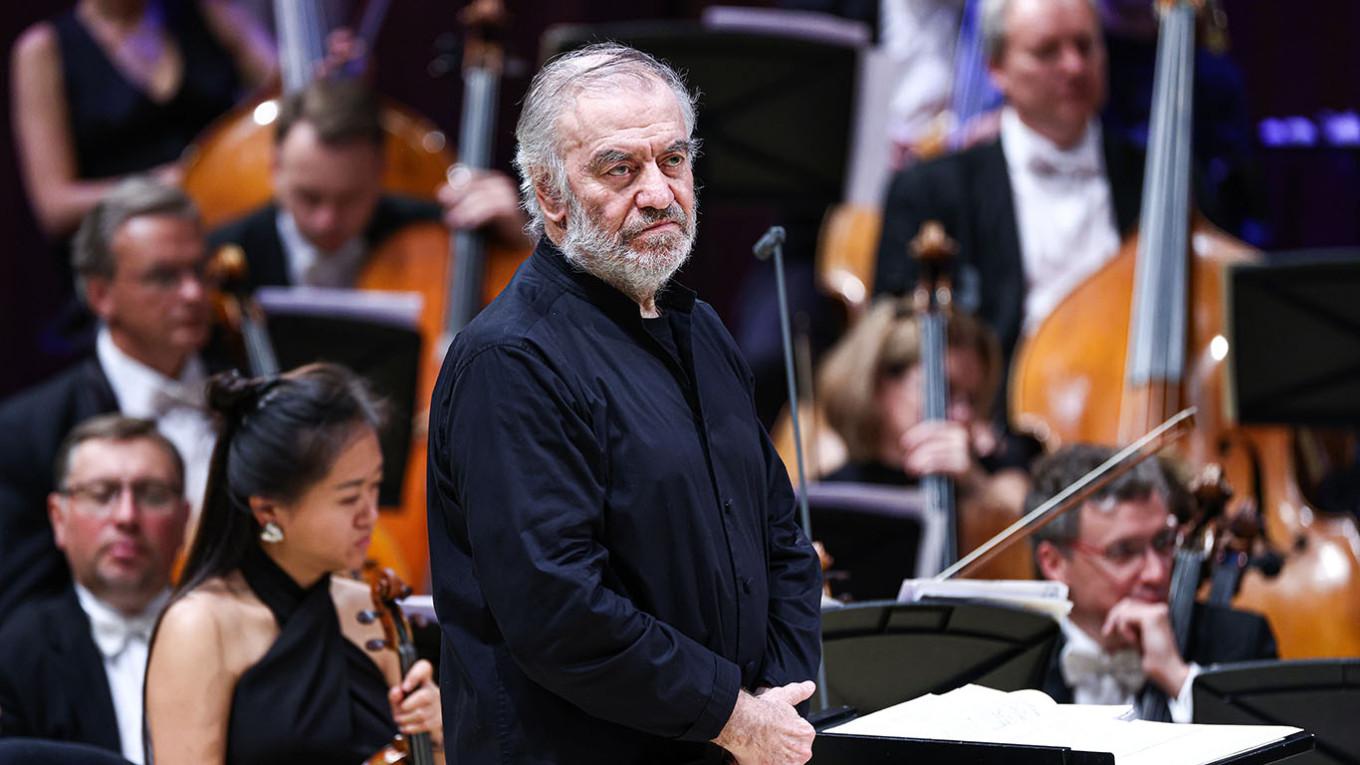Concert Cancellation Sparked by Political Tensions and Public Backlash
The highly anticipated concert featuring renowned conductor Valery Gergiev, a prominent ally of Russian President Vladimir Putin, was abruptly cancelled in Italy amidst rising political tensions and ample public outcry. The decision came in the wake of Gergiev’s continued support for Putin’s policies, notably in relation to the ongoing conflict in Ukraine. Critics accused the conductor of being complicit in state-sponsored actions that have drawn international condemnation,leading to demands for accountability in the cultural sector. Protests organized by local activists, alongside statements from several cultural organizations, intensified the pressure on event organizers to reconsider the concert.
Among the reasons cited for the cancellation were:
- Public Sentiment: Widespread demonstrations took place outside venues where Gergiev was set to perform, signaling a collective rejection of his association with the Russian government.
- Political Statements: Several Italian politicians openly opposed the concert, asserting it would normalize relations with figures linked to a regime perceived as oppressive.
- Cultural Integrity: The artistic community in Italy expressed concerns that hosting Gergiev would undermine the values of creativity and freedom that are central to the arts.
This decision reflects a broader trend of accountability within the arts sector, as cultural figures across Europe grapple with the complexities of political affiliations and their implications for public engagement.

Gergiev’s Ties to Putin Under Scrutiny Amid Rising Anti-Russian Sentiment
as global tensions escalate, the fallout from Russia’s actions has reached the realm of the arts, prominently affecting prominent figures like conductor Valery Gergiev. Once celebrated for his musical contributions, Gergiev finds himself at the center of controversy due to his longstanding connections with President Vladimir Putin. Italian officials recently announced the cancellation of his scheduled concert in Milan, a decision that reflects the increasing pressure on cultural institutions to distance themselves from russian influence amid widespread anti-Russian sentiment across Europe. various organizations have begun reassessing their collaborations with artists perceived to be aligned with the Kremlin, igniting a fierce debate over the intersection of politics and the arts.
Critics argue that Gergiev’s support for Putin’s regime isn’t merely passive,considering his prominent public endorsements and participation in state-sponsored events. This has led to demands for accountability not only from artists but also from those who choose to work with them. The dominant narrative suggests a growing intolerance for any semblance of political complicity, propelling a broader movement that emphasizes artistic integrity in the face of geopolitical crises. The implications of such cancellations are meaningful, as they not only affect individual careers but also shape the cultural landscape where artists are increasingly called upon to take a definitive stance on contested issues.

The Impact of Cultural diplomacy on Global Relations and Artistic Freedom
The recent cancellation of a concert featuring conductor Valery Gergiev in Italy serves as a significant reflection of how cultural figures can influence international relations and contribute to the broader discourse on artistic freedom. Gergiev, known for his close ties to Russian President Vladimir Putin, found his performance axed amid rising tensions and dissent regarding Russia’s actions on the global stage. This incident underscores the complex interplay between art and politics, prompting questions about the role of artists in society and their responsibilities in times of geopolitical unrest.
The cancellation highlights the delicate balance cultural diplomacy must maintain in fostering dialog, understanding, and mutual respect among nations while also addressing ethical considerations.Some key implications include:
- The Power of Influence: Prominent artists can be seen as ambassadors of their countries, using their platforms to shape perceptions and engage audiences.
- Censorship and Artistic Integrity: The pressure to conform to political sentiments can jeopardize artistic freedom, limiting expression.
- Public Sentiment: Audience reactions can substantially impact the viability of cultural events, reflecting societal values and political stances.
In this case,the decision to cancel Gergiev’s concert not only signals Italy’s position regarding Russia’s current political climate but also raises awareness of the profound connection between cultural projects and the ethical landscape of global relations.

future of Artistic Events: Navigating Politics and Public Perception in the Arts
The recent cancellation of a concert featuring conductor Valery Gergiev in Italy has reignited discussions surrounding the intersection of politics and the arts. Gergiev, known for his strong ties to Vladimir Putin, was scheduled to perform in a country that has openly opposed the Russian invasion of Ukraine. The decision to withdraw support for the concert serves as a pointed reminder of how public perception can shape the viability of artistic events, particularly when they are associated with controversial figures. Such actions reflect a growing trend where artists and cultural institutions are being held accountable for the political contexts surrounding their work.
As the arts community grapples with these complex relationships, several key factors must be considered:
- Public Sentiment: Increasingly, audiences are expecting cultural institutions to take a stand on geopolitical issues, which can influence attendance and support.
- Artist Responsibility: There is a rising conversation about whether artists should openly dissociate from problematic political regimes, especially those that challenge human rights.
- Censorship vs. Accountability: Balancing the fine line between artistic freedom and the necessity of accountability remains a formidable challenge for organizers and sponsors alike.
This situation illustrates that the future of artistic events may depend not just on creative merit, but also on how well they navigate the intricate landscapes of public perception and political responsibility.
